Next Steps for Health Care
As patients’ needs change and technology advances, health-care developments are adapting. Mainstreet Group’s Zeke Turner considers how the health-care real estate sector is shifting—and attracting investors along the way.
By Alexandra Pacurar
JLL recently predicted that the U.S. health-care real estate industry is slowly transitioning from an alternative sector for institutional investors to a mainstream asset class attracting a variety of investment. The sector’s growing popularity among investors is evident in the increasing number of health care transactions and new supply coming online, supported by the expanding outpatient care market.
Carmel Ind.-based Mainstreet, which specializes in development, investment and health care operations, is leveraging the sector’s growth by expanding its post-acute health-care properties portfolio, with new projects in Arizona and Texas under its brand Rapid Recovery Center (RRC). This new branch specializes in rehabilitation and care immediately following a hospital stay. Zeke Turner, founder & CEO of Mainstreet, discussed the major trends impacting what he considers one of real estate’s most rapidly changing industries, as well as how the evolution of patients’ needs is impacting the sector.
What major trends are impacting health-care real estate today?
Turner: What we’re seeing in health-care real estate is that—particularly as Baby Boomers age—there’s a real need for increased options, particularly in the segment following a hospital visit. From short-term, post-acute care to longer-term care options, as the largest segment of our population ages, the growth in this sector is only increasing.
What about the challenges? How can these challenges be overcome?
Turner: Part of the challenge is that today’s patients want a different recovery experience than what has been offered in the past. They want the most cutting-edge care—contemporary solutions designed to get them well and get them home as efficiently as possible—but they don’t want to sacrifice design, comfort or cost-effectiveness to get it. That’s where RRC comes in. Designed with these ideas in mind, organizations like ours can fill this gap in the industry and bring consumers the care they want and deserve in a setting they find desirable.
How does technology influence new health care projects?
Turner: Technology is an integral part of modern life and health care is no exception. We believe that telemetry and remote monitoring are important parts of what will define the future of health care. Technology is a connector, allowing caregivers to extend farther than before and reach people in their own homes. Things like electronic medical records, and even video conferencing, mean that patients are able to get better, more consistent care quicker than ever before.
Technology should change the way we view our health data. For example, hospitals, physicians, caregivers, etc., today have almost no real information on patient outcomes post-discharge from the hospital. In the RRC model, we change that by creating customized information that can be delivered to care professionals virtually in real time.
Tell us about Mainstreet’s plans and projects going forward. Is there a particular project you would like to zero in on?
Turner: We’re very excited about and dedicated to the RRC model. We’re a diverse company that is always looking for ways to disrupt the industry—to shake things up for the better—but we really believe that this is the moment for RRC. We have the vehicle for disrupting the way post-acute care is delivered in America and the opportunity to meet a need that is huge and ever-growing. Through our vertically integrated business model, we can design, build and operate facilities that solve real problems in the current health-care system.
A recent report by JLL shows there is high demand for health-care facilities outside the U.S., mainly in the Middle East and North Africa. Are you considering going international with Mainstreet’s projects?
Turner: The world is a big place and we wouldn’t rule out an international presence in the future, but at this time, our focus is the U.S. There are millions of people right here in the U.S. who can benefit from our services and we’re dedicated to helping those people for the near future.
Whats your perspective on the discussed transition of the health-care sector from hospital systems to consumer health providers?
Turner: Health care is one of the most rapidly changing industries in the marketplace today. Hospitals will likely remain a key component of acute care services, but as more options for consumers become available, the marketplace will continue to diversify. These new options will offer more customized care that’s better able to treat individual patients, rather than relying on one-size-fits-all systemic solutions.
Images courtesy of Mainstreet

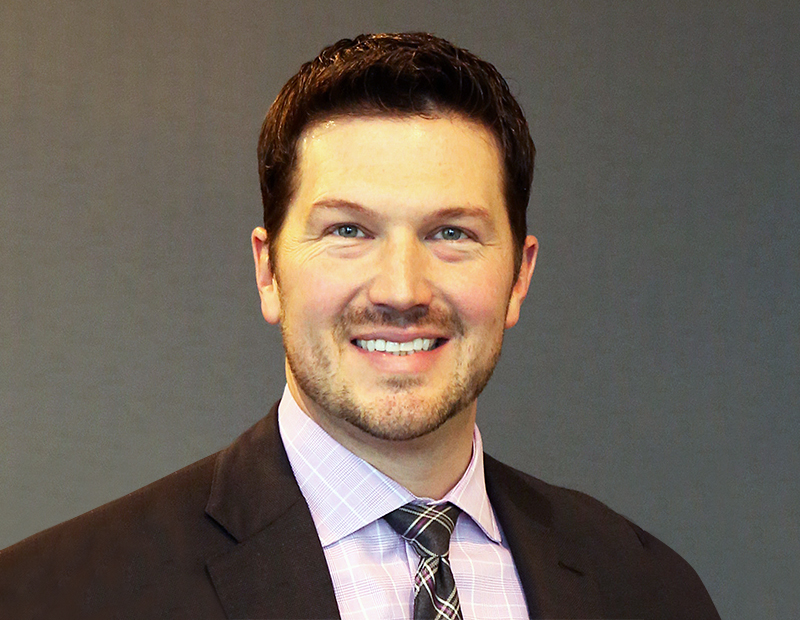
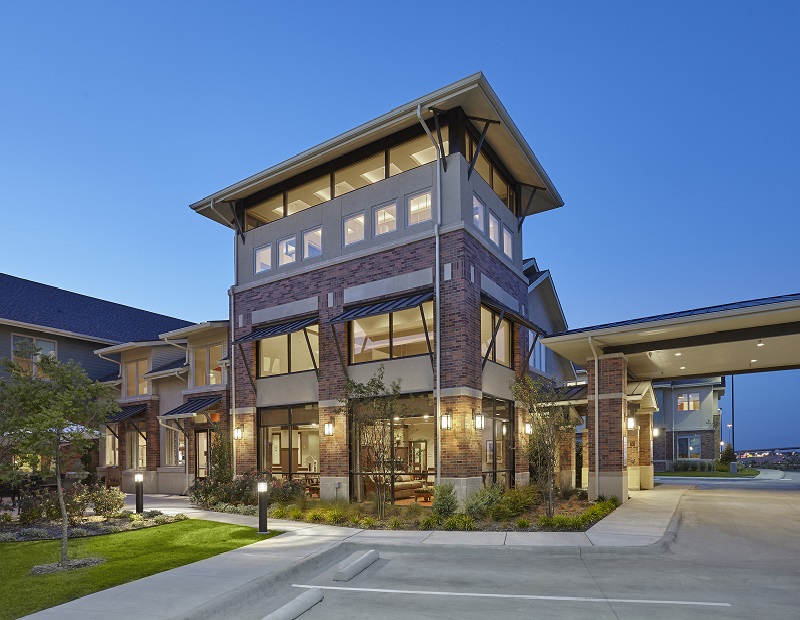

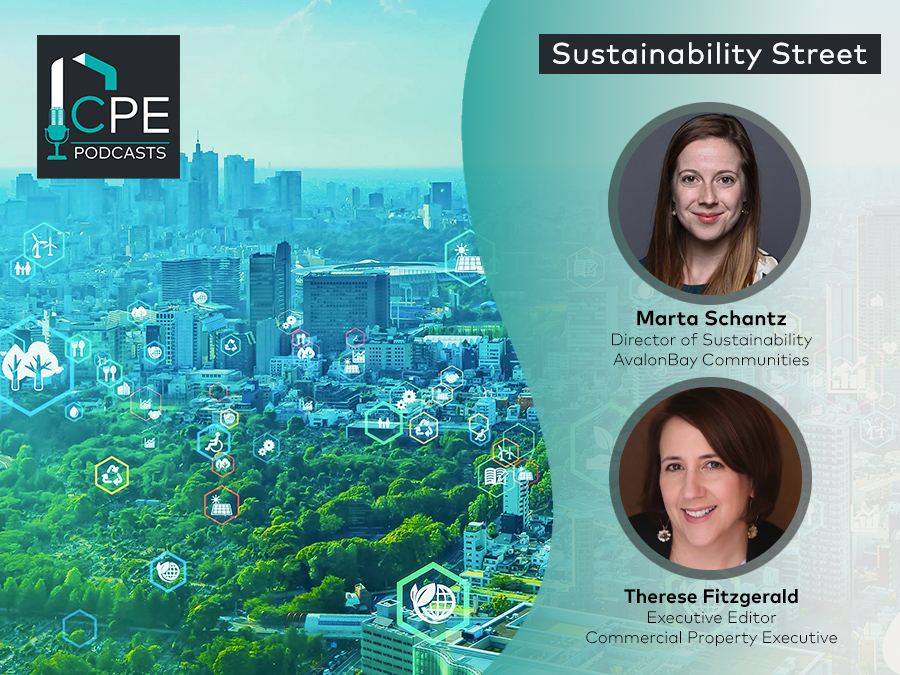
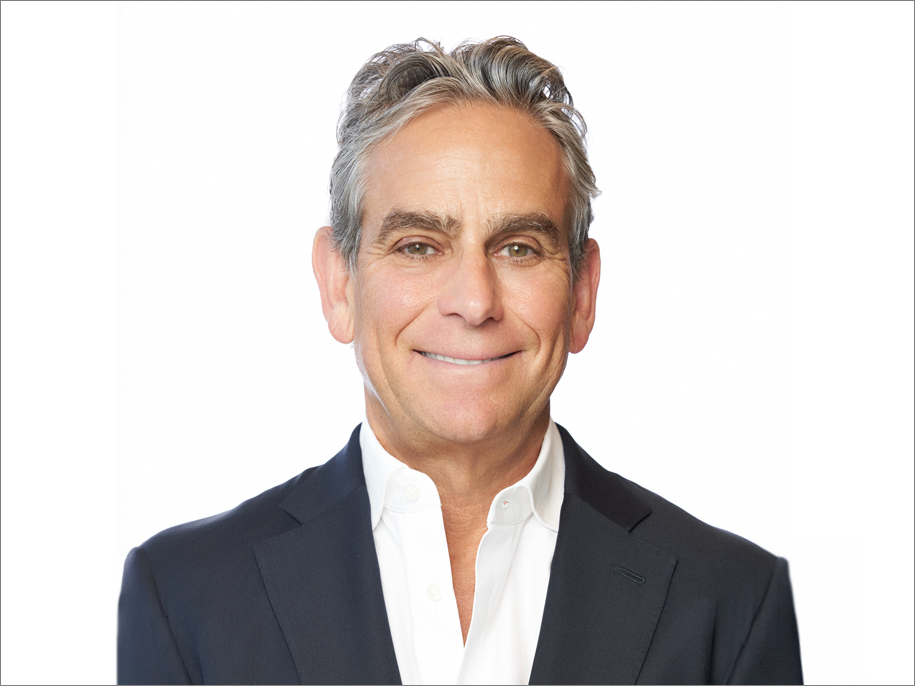
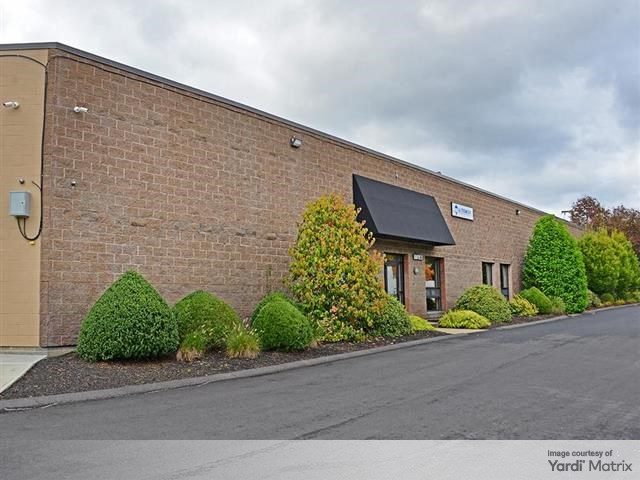
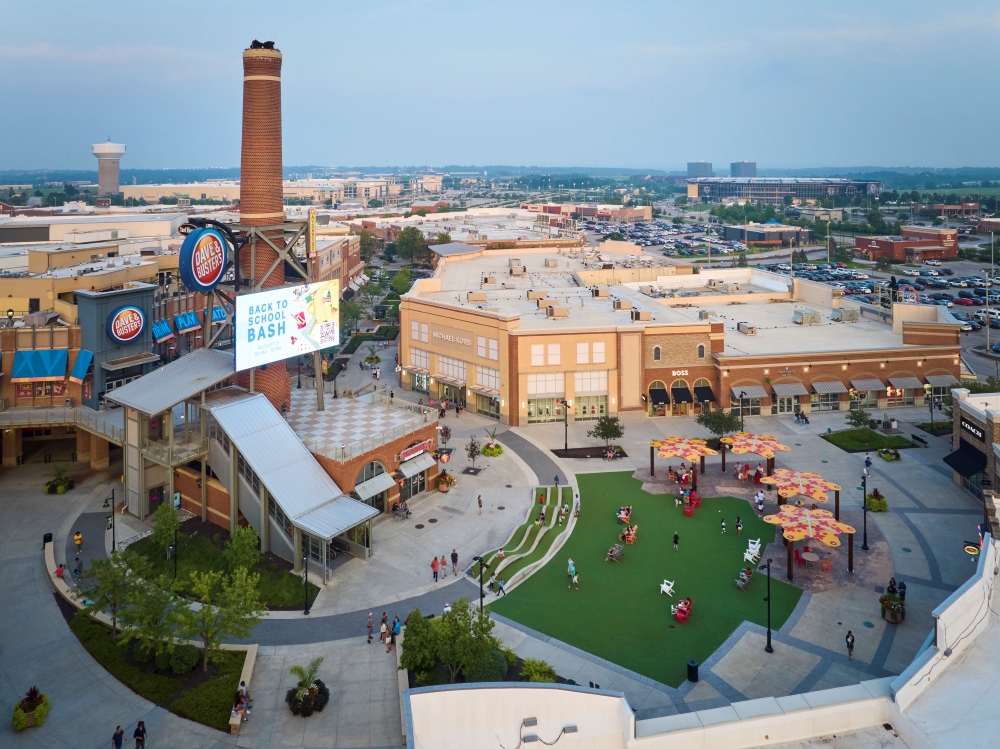
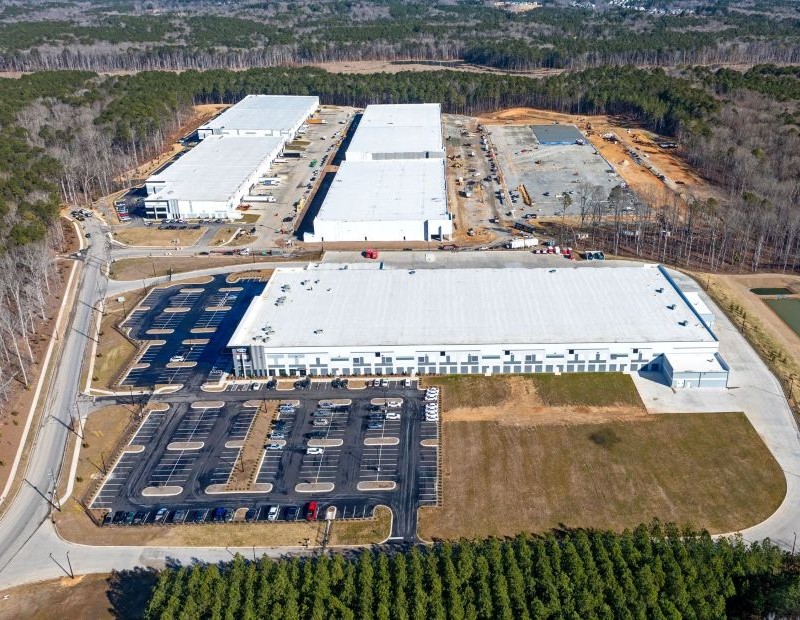
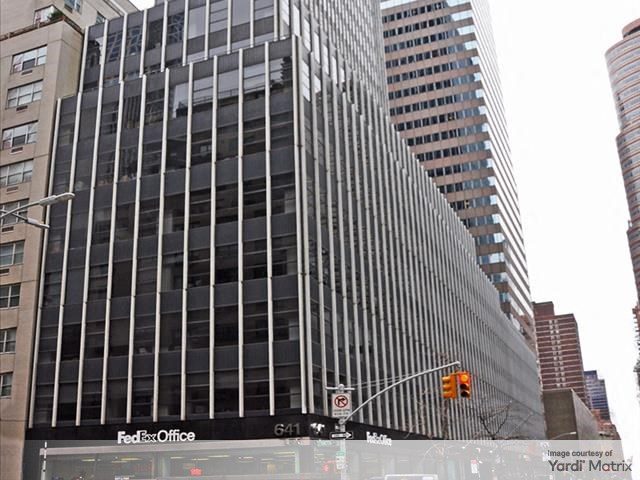
You must be logged in to post a comment.